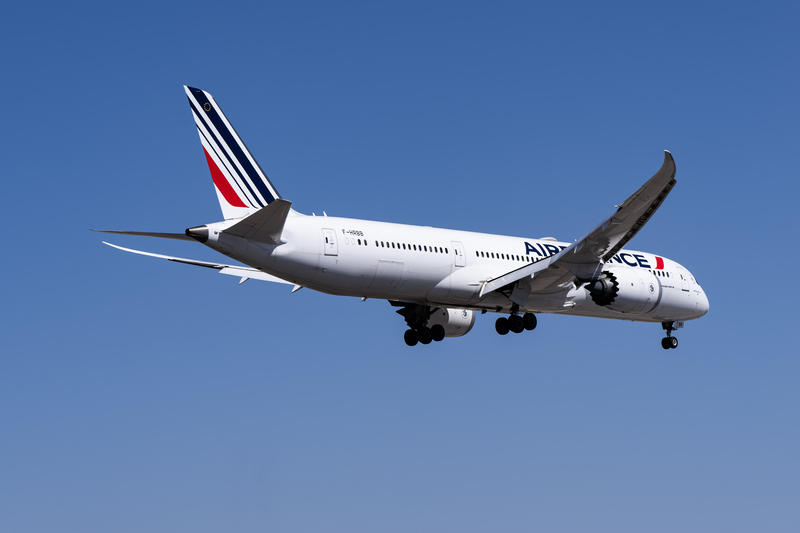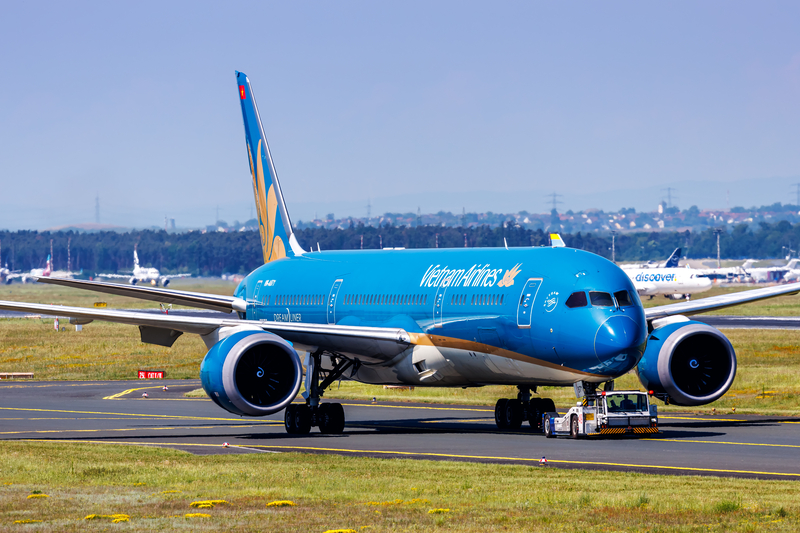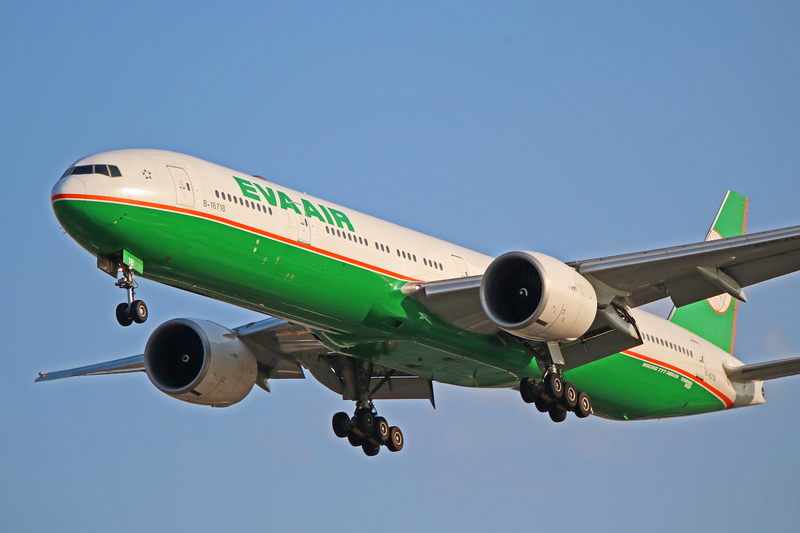Air France Suspends Flights Over Red Sea Due to Heightened Security Concerns

ID 339393685 © Robin Guess | Dreamstime.com
In response to new security concerns, Air France has temporarily suspended flights over the Red Sea region. The decision comes after a flight crew recently reported seeing an unidentified luminous object in the sky near Sudan, raising immediate safety considerations. The airline announced that, as a precautionary measure, it would reroute flights away from the affected area, joining a growing list of airlines prioritizing security in the region.
The temporary suspension will remain in effect until further notice, as Air France awaits additional information and guidance from international aviation authorities on the security environment in the region. This incident underlines the persistent safety challenges faced by airlines operating in geopolitically sensitive areas, where heightened risks from military activities or unknown aerial phenomena can impact flight operations.
Details of the Incident
Air France’s decision follows a report by the crew of a recent flight who observed an unusual light source while flying over Sudan. The “luminous object” sighting was immediately reported, leading Air France’s safety team to conduct an assessment of the risk to its aircraft and passengers in the region. Though the exact nature of the object has not been confirmed, the airline opted to reroute flights to mitigate any potential hazards.
This precautionary suspension is in line with the airline’s safety-first policy, which prioritizes minimizing exposure to ambiguous or potentially risky airspace. The temporary suspension affects a small number of routes over the Red Sea, but it emphasizes the proactive steps airlines often take in response to any perceived risks in airspace worldwide.
Impact on Operations and Passenger Services
The airspace affected by the suspension is part of a critical corridor for international flights, linking Europe to destinations across the Middle East and Africa. Air France’s rerouting may slightly increase flight times on specific routes, as flights are directed to avoid the area entirely. While the suspension may cause minor delays, Air France is actively working to minimize disruptions for passengers by adjusting schedules and coordinating with other air traffic management systems.
Passengers impacted by the change will receive real-time updates, and Air France has stated that it will accommodate travelers affected by delays or reroutes. Despite these operational adjustments, the airline maintains that passenger safety is paramount, even if it means taking measures that slightly inconvenience travelers.
Industry-Wide Security and Geopolitical Concerns
The decision by Air France to reroute flights over the Red Sea reflects broader industry challenges when navigating airspaces in conflict zones or regions with heightened military activity. In recent years, the global aviation industry has implemented stricter risk assessments and more conservative airspace policies following high-profile incidents in politically unstable regions.
Aviation regulators, including the European Union Aviation Safety Agency (EASA) and the Federal Aviation Administration (FAA) in the United States, periodically issue advisories urging airlines to avoid certain airspace if credible threats are detected. These recommendations are intended to mitigate risks posed by air conflicts, missile activity, or other security incidents that may endanger civilian aircraft. Airlines like Air France often go beyond these advisories, rerouting flights even when there is no formal restriction, particularly if there is credible information suggesting potential risks.
Precedents and Air France’s Approach to Security
Air France has a history of proactively addressing security risks and rerouting flights when safety concerns arise. The airline previously rerouted flights in response to airspace risks in the Middle East and over certain African countries during periods of instability. The current suspension over the Red Sea is consistent with Air France’s established protocol of closely monitoring potential risks and taking rapid action to safeguard passengers and crew.
This approach is part of a broader trend among airlines to prioritize enhanced intelligence gathering and real-time monitoring of airspace conditions. Through collaboration with industry regulators, governments, and private security firms, airlines can make informed decisions that enhance safety while minimizing operational disruptions. In this instance, Air France’s quick decision to suspend Red Sea overflights reflects the airline’s proactive, data-driven approach to safety management.
Future Outlook and Next Steps
Air France has stated that it will continue to monitor the situation closely and resume flights over the Red Sea as soon as it is deemed safe. The airline will coordinate with national and international aviation authorities to assess the evolving security situation and follow any new guidance provided by industry regulators. Passengers booked on affected routes will be notified if the suspension impacts their travel plans, and the airline has committed to providing flexible rebooking options as needed.
The Red Sea corridor remains a critical route for airlines, and Air France’s temporary suspension highlights the importance of comprehensive risk assessments for airspace that could potentially pose dangers due to unforeseen security developments. The safety measures taken by Air France may prompt other international airlines to conduct their own assessments and, if necessary, adopt similar precautions.
Bottom line
Air France’s temporary suspension of flights over the Red Sea demonstrates the airline’s dedication to passenger safety in the face of uncertainty. By taking a proactive approach to rerouting and closely monitoring the evolving situation, Air France ensures that passenger welfare remains its highest priority. The airline’s response serves as a reminder of the complexities and challenges involved in maintaining safe and reliable international flight operations in regions subject to sudden security risks.





